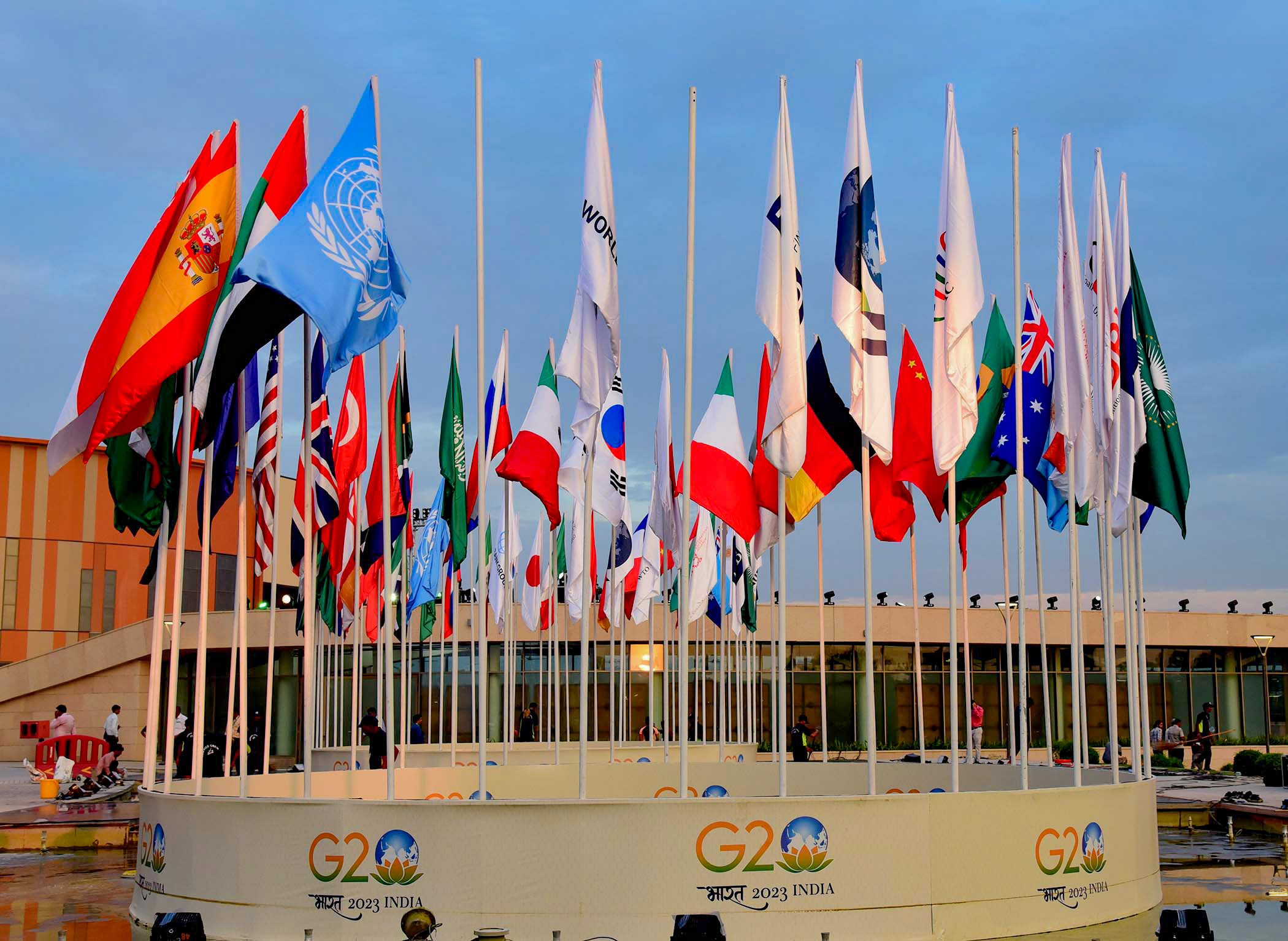
According to the World Bank, India’s digital public infrastructure has had a profound impact that goes well beyond financial inclusion. In a document, the international financial institution praised India, noting that the progress it has made in only six years would have taken roughly five decades otherwise.
India has created some of the best digital public goods infrastructure, which has the potential to transform lives all over the world. Examples include UPI, Jan Dhan, Aadhar, ONDC, and CoWin. The World Bank document created in advance of the significant G20 Summit in New Delhi emphasized the important steps taken by the Modi administration as well as the crucial role that government policy and regulation play in determining the landscape of digital public infrastructure (DPI).
World Bank said JAM (Jan Dhan, Aadhar, Mobile) trinity – a combination of bank accounts for all, Aadhaar, and mobile connectivity — has propelled financial inclusion rate from 25 per cent in 2008 to over 80 per cent of adults in past six years, a journey which according to it shortened by up to 47 years — thanks to DPIs.
“While DPIs’ role in this leapfrogging is undoubtable, other ecosystem variables and policies that build on the availability of DPIs were critical. These included interventions to create a more enabling legal and regulatory framework, national policies to expand account ownership, and leveraging Aadhaar for identity verification,” the World Bank document noted.
The number of PM Jan Dhan Yojana accounts has tripled since its launch in 2014, the first year of Narendra Modi’s tenure as prime minister; women own 56 percent of these accounts, totaling more than 260 million.